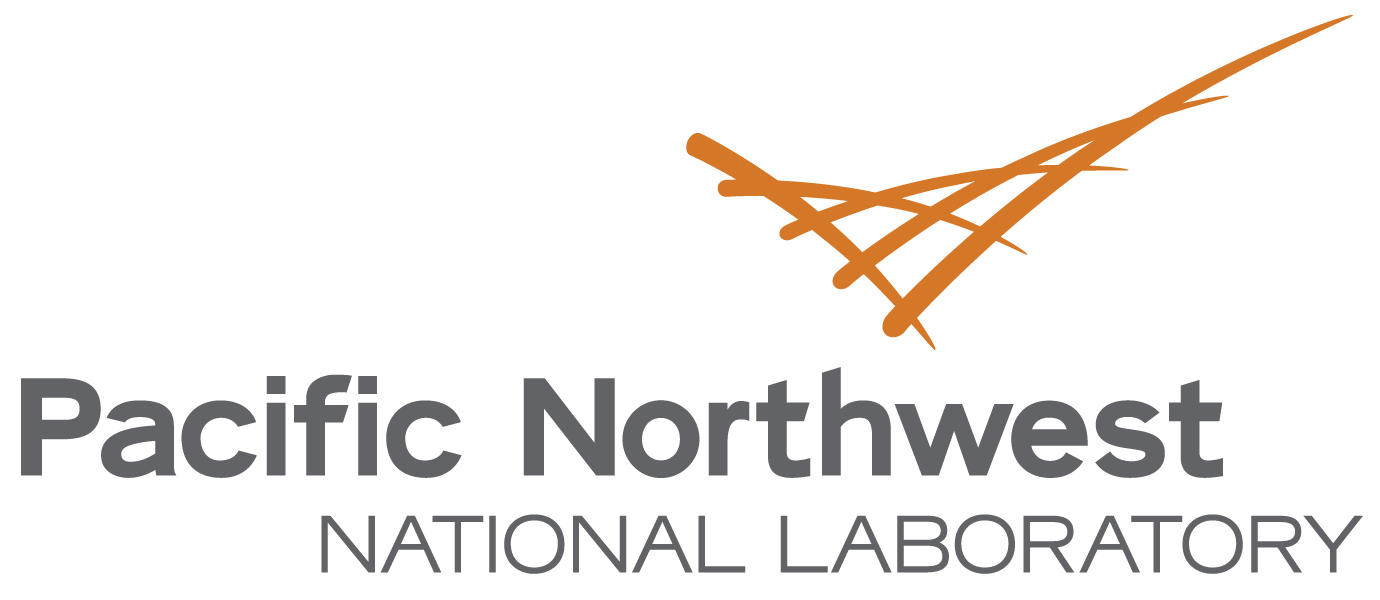RICHLAND, Wash. — Two Pacific Northwest National Laboratory researchers, one a world-leading authority on microorganisms and their impact on soil and human health, and the other an expert on coastal ecosystem restoration, have been elected fellows of the American Association for the Advancement of Science.
PNNL’s Janet Jansson and Ron Thom were elected by their AAAS peers for their efforts to advance science or its applications. AAAS is the world's largest multidisciplinary scientific society with a mission to “advance science, engineering, and innovation throughout the world for the benefit of all people.” A designation of fellow is the society's highest honor.
PNNL now has 33 active staff members who hold the rank of AAAS fellow.
Janet Jansson
Jansson was selected for advances in the field of microbial ecology. She is chief scientist for biology in PNNL’s Biological Sciences Division and a Laboratory Fellow. She has studied complex microbial communities living in soil, sediments and the human gut for more than 30 years.
Jansson’s research has focused on the “microbiome”—the community of microorganisms inhabiting a body or ecosystem. Her research has led to a better understanding of the impact of a changing climate on microbial communities in prairie and arctic ecosystems, including how warming temperatures affect permafrost soil microbiomes and drought on grassland soils. Jansson is a leader of a focused effort funded by the U.S. Department of Energy on the microbiome of the soil, teasing out questions about how drought, temperature and other factors influence the environment.
Jansson’s research also maps the complex interactions between the human gut microbiome and genes, diet and the environment. Her work has been critical to understanding connections between the gut microbiome and inflammatory bowel disease and memory, and her findings are helping usher in an era of personalized medicine.
Jansson has authored more than 200 publications. She is also the editor of two books on molecular microbial ecology and a textbook on soil microbiology. She previously served as president of the International Society for Microbial Ecology and on numerous advisory panels, including the National Academy of Science Committee on Science Breakthroughs for Food and Agriculture by 2030.
Ron Thom
Thom was selected for nearly five decades of research on coastal and estuarine ecosystem research. After positions in California and with the U.S. Army Corps of Engineers and the University of Washington, Thom joined PNNL’s Marine and Coastal Research Laboratory in Sequim, Wash., in 1990, working as a research scientist and managing MCRL’s Coastal Ecosystem technical group for more than 20 years. He retired from PNNL in 2013 and is currently an emeritus scientist at MCRL as well as the outgoing president of the Washington State Academy of Sciences.
Over his 48-year professional career, Thom has led and participated in studies on the ecology of seagrasses, seaweed, salt marshes and tide flats; the effects of climate change on estuarine and coastal ecosystems; and the adaptive management of restored ecosystems.
Thom has been particularly noted for his work explaining the global decline of seagrass and for efforts to study and restore eelgrass throughout Puget Sound in Washington state. For their work on minimizing impacts from ferry terminal rebuilds in Puget Sound, Thom and his collaborators received the Federal Highway Administration’s National Award for Excellence in Environmental Research. Thom has served part-time as the senior science advisor to the Puget Sound Partnership, a state agency leading the region’s collective effort to restore and protect Puget Sound, and as the Governor’s appointee to the Northwest Straits Commission, where he chaired the Commission’s Science Advisory Committee. In 2019, he received the Environmental Leadership award from the Commission.
In addition to his work in Washington state, Thom has served on and led advisory boards, panels and commissions that evaluated ecosystem restoration projects and proposals for the Columbia River estuary, Great Lakes, northeastern U.S., Gulf of Mexico and the states of Alaska, California, Louisiana and Oregon. He also provided advice to South Korea and China on coastal ecosystem restoration.
Jansson and Thom will be recognized during a virtual induction ceremony on Feb. 13, 2021, during the annual AAAS meeting.
# # #
The American Association for the Advancement of Science (AAAS) is the world’s largest general scientific society and publisher of the journal Science, as well as other scientific journals. AAAS was founded in 1848 and includes more than 250 affiliated societies and academies of science, serving 10 million individuals. It has been began honoring its distinguished members with the title of fellow since 1874. For additional information about AAAS, see www.aaas.org.
Pacific Northwest National Laboratory draws on signature capabilities in chemistry, Earth sciences, and data analytics to advance scientific discovery and create solutions to the nation's toughest challenges in energy resiliency and national security. Founded in 1965, PNNL is operated by Battelle for the U.S. Department of Energy's Office of Science. DOE's Office of Science is the single largest supporter of basic research in the physical sciences in the United States and is working to address some of the most pressing challenges of our time. For more information, visit PNNL's News Center. Follow us on Facebook, Instagram, LinkedIn and Twitter.
